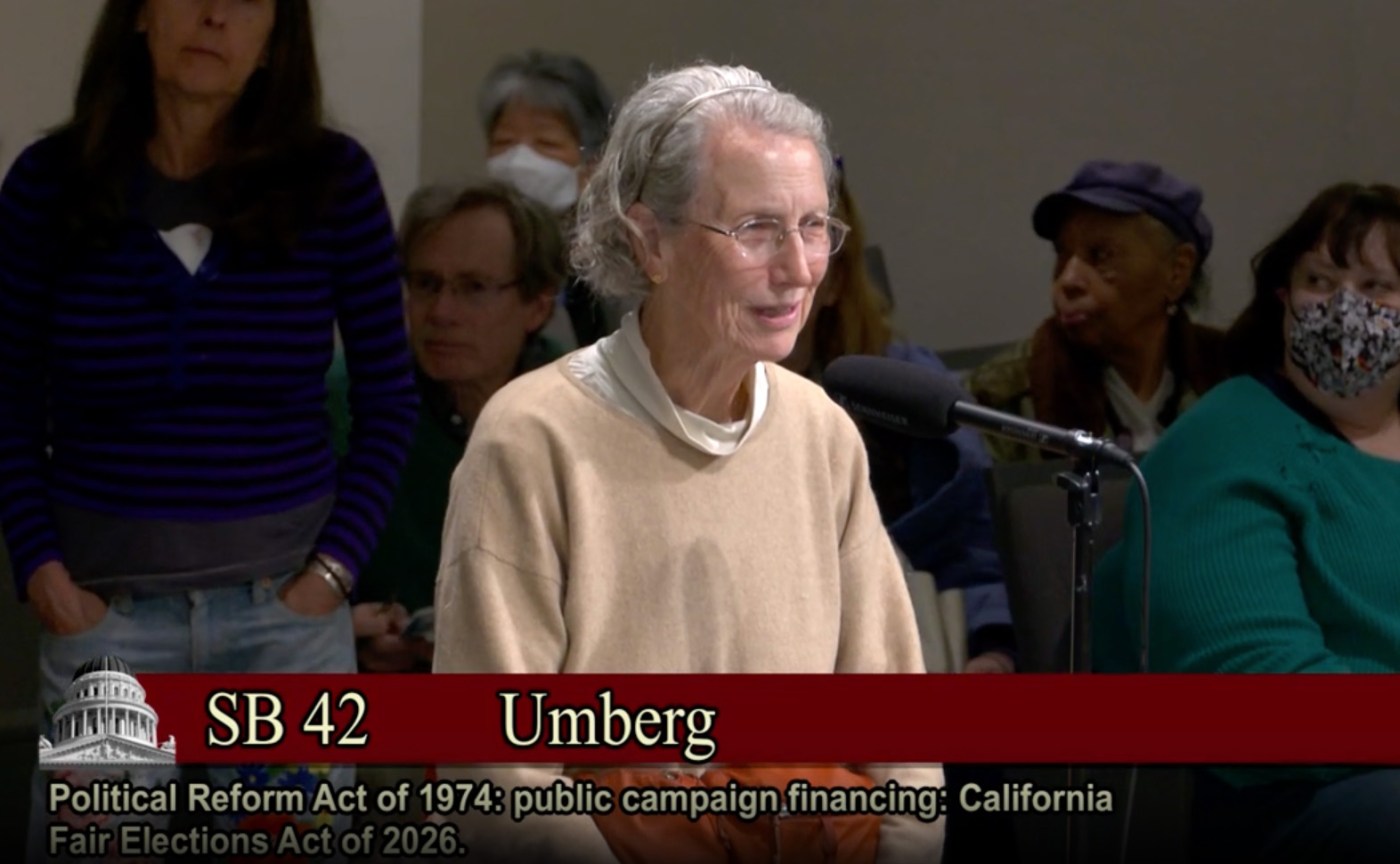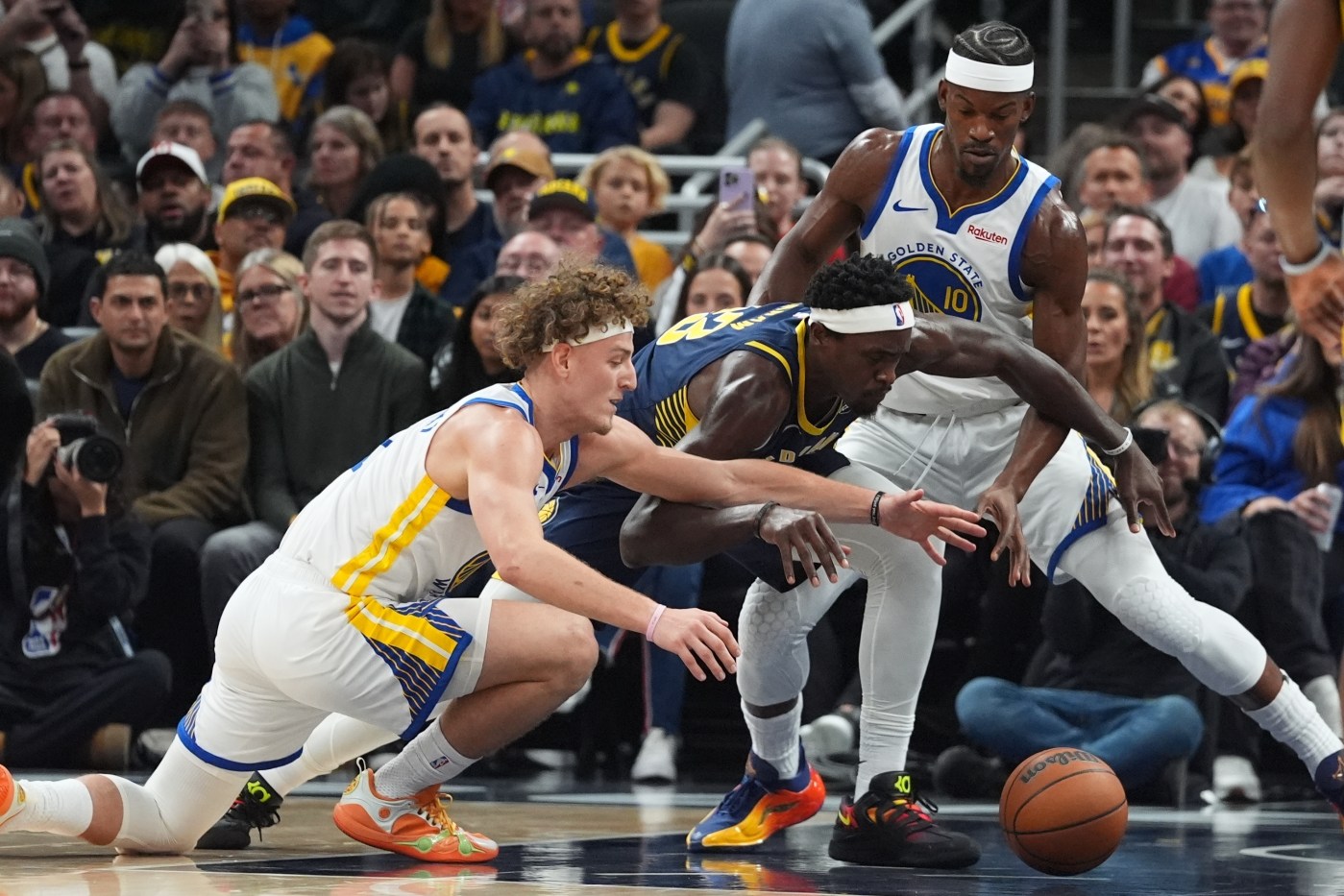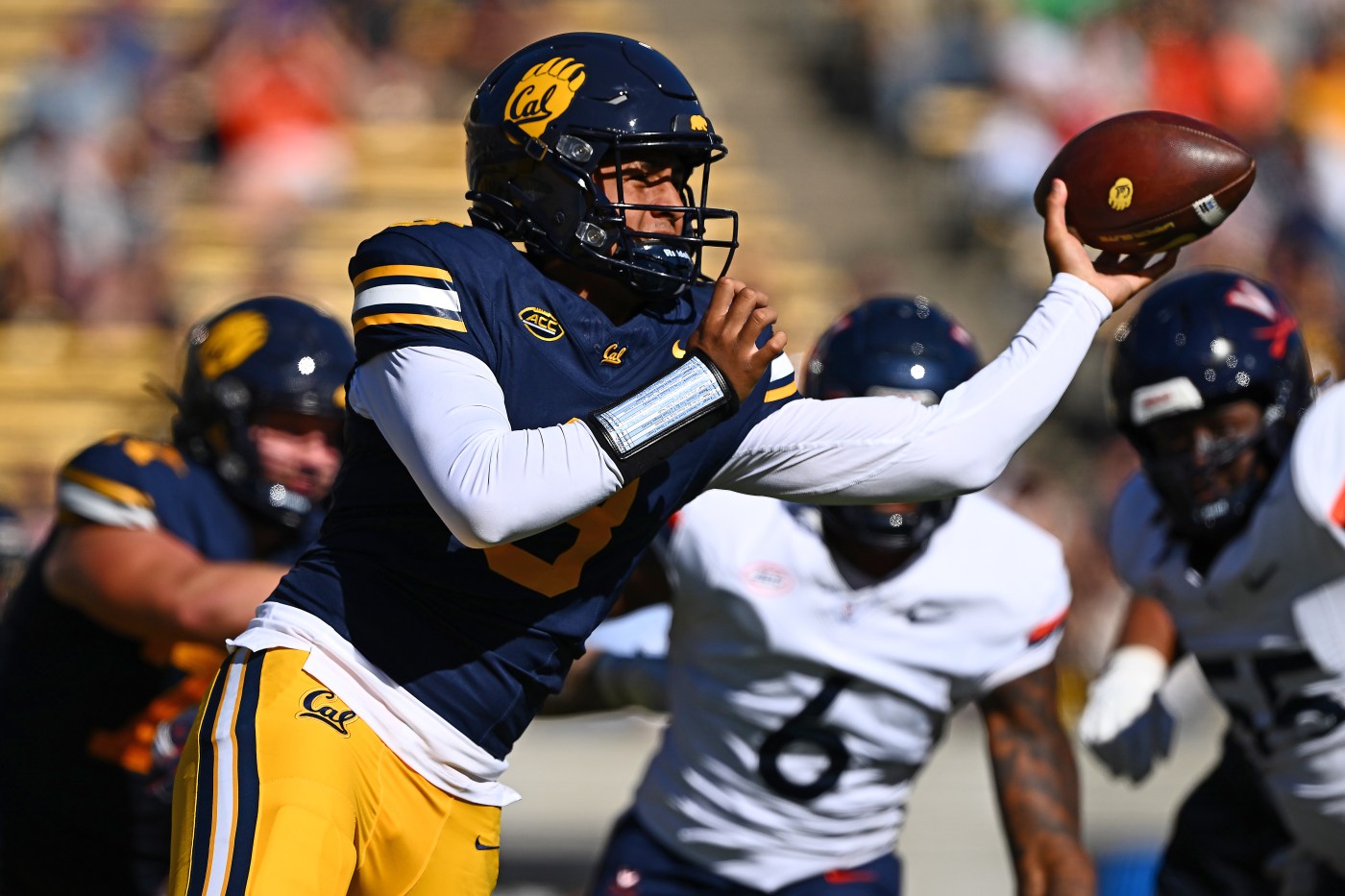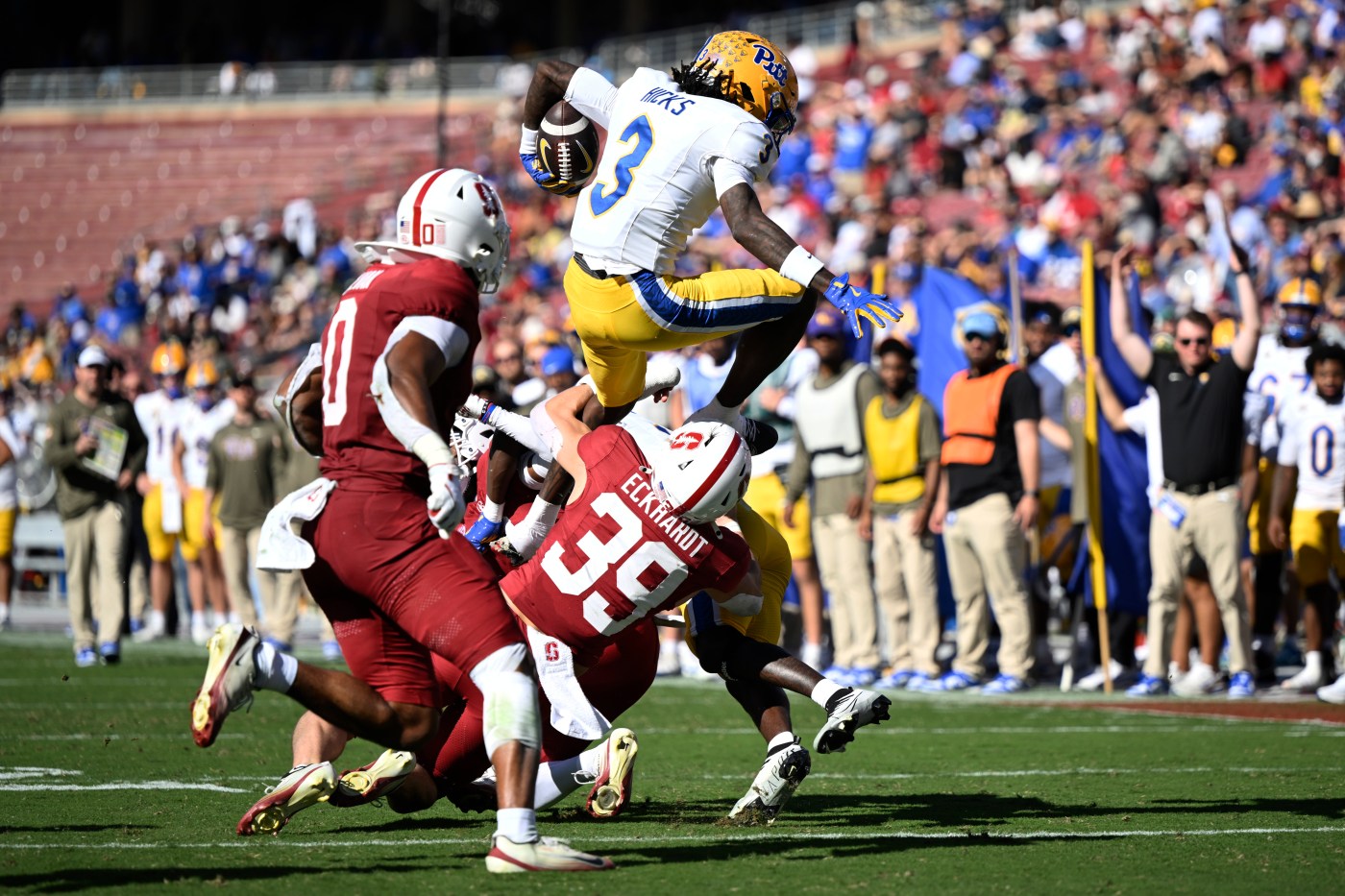When I entered my new office at Berkeley City Hall after winning the mayoral election, I knew this wasn’t just a personal victory. It was a victory for anyone who ever thought, “I want to make a difference in my community, how can I afford to run for office?” I was elected as the youngest woman mayor in our city’s history, our first woman of color, and the first Asian American mayor of Berkeley. And I did it without personal wealth.
What made it possible?
A grassroots campaign that was community driven and supported through public financing.
Related Articles
California Supreme Court clears way for Gov. Newsom redistricting
Editorial: California bill would shield candidates from press scrutiny
Right now, big money has more of a hold on our politics than ever before. Voters are taking note. A Gallup poll in 2019 found that only 20% of voters said they were satisfied with federal campaign finance laws. And a 2024 poll by the California Clean Money Campaign found that 81% of California voters said big money campaign contributors have too much influence over elected officials in California, and 63% felt that voters have too little influence.
The ability for the ultra-wealthy and special interests to drown out the voice of everyday people is overwhelming. We’re seeing the impacts of this unfold, from the federal level down to our local communities — but it doesn’t have to be that way.
Berkeley is paving a different path. Our robust public financing system features a 6-to-1 match on small-dollar donations of $60 or less, giving regular folks real power to support candidates they believe in. Thanks to this program, my mayoral campaign was able to raise just over $200,000 without any large donations — enough to compete against two well-connected, previously elected officials.
Before this race, I had never held public office. In a system without public financing, I might never have had the chance.
Public financing is not just a campaign tool; it’s a democracy tool. It levels the playing field, allowing candidates from diverse backgrounds to run winning campaigns. It enables voters to support the candidates who truly represent them, not just the ones backed by big money or special interests. It helps loosen the grip moneyed interests have on our elections.
One thing is clear: voters want and need to have the power back at the ballot box. That’s why passing SB 42 is so important. This bill would put the California Fair Elections Act on the ballot to repeal California’s outdated ban on public financing of campaigns in general law cities, counties and at the state level. Right now, only charter cities like Berkeley can implement programs like the one that helped me.
SB 42 would open the door for countless more communities across California to adopt public financing for local campaigns and weaken the influence of dark money and special interests in their cities.
Fourteen states and 26 municipalities across the nation now offer public financing systems to empower voters and help power people-centered campaigns. In California, five charter cities, including Berkeley, Long Beach, Los Angeles, Oakland and San Francisco, have public financing systems to great success.
An overwhelming majority of voters in Los Angeles, Berkeley and Oakland endorsed their public financing measures, and Maplight found that Berkeley’s 2018 program broadened donor geography and reduced the average donation size.That’s meaningful, real-time impact.
Berkeley was proud to be the first city to endorse SB 42. We know firsthand how transformative public financing can be. It’s time the rest of the state has that opportunity too. If we want a government that truly reflects the people it serves — young people, people of color, working-class communities — then we need to support SB 42. Our democracy will be stronger for it.
Adena Ishii is mayor of Berkeley.





